- By Khayla Black
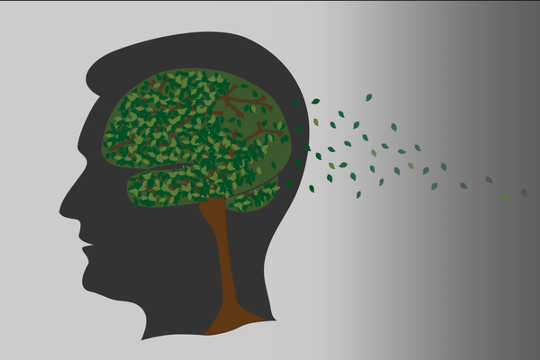
Whether it be forgetting 20 years of your life or having the same conversation every five minutes only to forget it each time, memory impairment can take a large toll on everyday life.

Too much sitting has long been criticized for contributing to premature mortality, Type 2 diabetes, and a host of other illnesses.

Of the four million prisoners released each year, 23 percent suffer from depression but don’t receive treatment while incarcerated, according to a new study.

People all over the globe have the perception that being overweight or obese is caused by eating too much junk food, drinking sugary drinks, or not exercising enough.
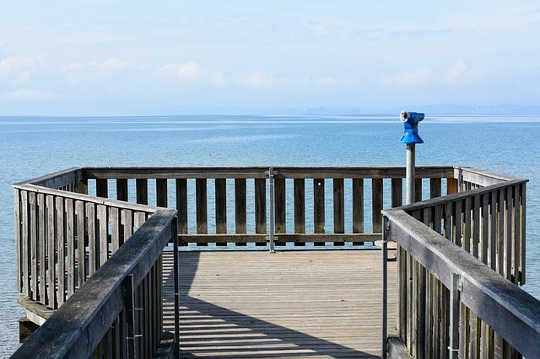
With the hectic modern lifestyles that most of us experience, there’s an onslaught of good and bad information assaulting our senses all the time. Since the dawn of the digital age, the human attention span has shrunk from twelve seconds to only eight seconds.
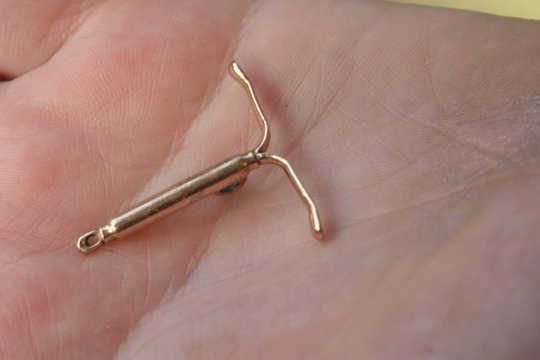
Few Australian women use long-acting reversible contraception, despite its advantages over other methods. These contraceptives offer women long-term, cost-effective, “fit-and-forget” contraception.
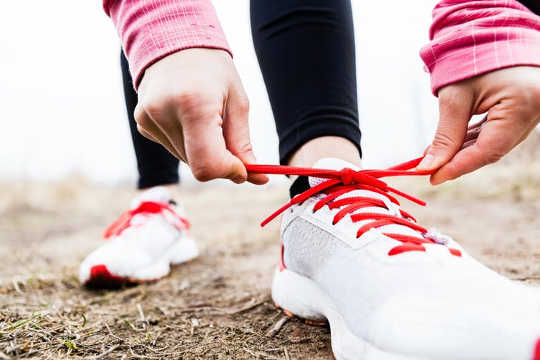
When it comes to health and fitness, there are rarely any quick fixes. But if you’re struggling to get the recommended 30 minutes of exercise a day, micro workouts might be just the thing you need to start improving your fitness.

A chemical in hand soap and toothpaste meant to kill bacteria is actually making them stronger and more capable of surviving antibiotic treatment, according to a new study in mice.
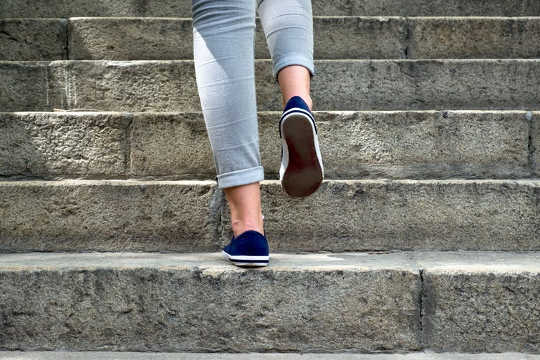
Have you recently carried heavy shopping bags up a few flights of stairs?
- By Sara J Brown

Skin is our largest organ and something we may take for granted when it’s healthy. As an academic dermatologist I frequently hear misleading “facts” that seem to be stubbornly enduring.

Many Democratic lawmakers aim to pass a Green New Deal, a package of policies that would mobilize vast amounts of money to create new jobs and address inequality while fighting climate change.
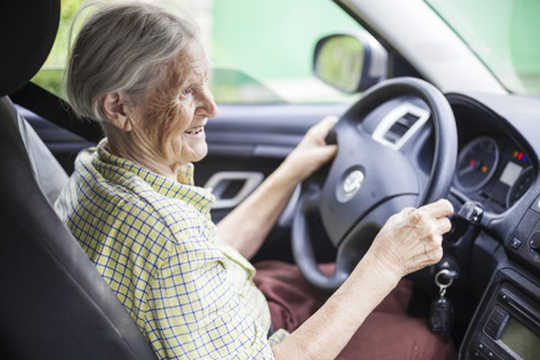
When Britain’s Prince Philip crashed his Land Rover into another vehicle on Jan. 17, 2019, many people were surprised that he was still driving at age 97.

High fat, low fat, no carb, more carb: when it comes to getting information on eating to manage high blood cholesterol, confusion reigns.
- By Tim Lucas

Children who live in homes with all vinyl flooring or flame-retardant chemicals in the sofa have significantly higher concentrations of potentially harmful compounds in their blood or urine than children who live in homes that don’t, according to a new study.
- By Megan Lee

Worldwide, more than 300 million people live with depression. Without effective treatment, the condition can make it difficult to work and maintain relationships with family and friends.
- By Rhian Parker
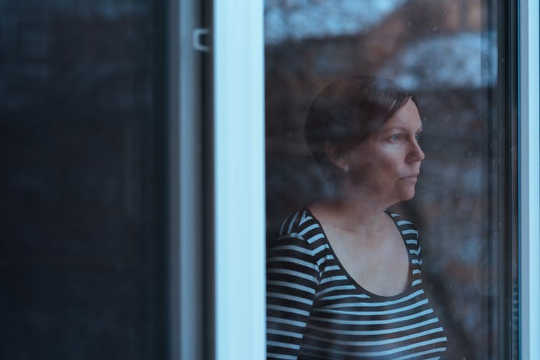
Every week in Australia, a woman is murdered by someone she knows. And it’s usually an intimate male partner or ex-partner.

There was much speculation throughout 2018 about Canada’s soon-to-be-legal cannabis market. But only recently has data become available that shows what cannabis consumers really want and actually buy.

The Australian Dietary Guidelines recommend we eat 30g of nuts – a small handful – each day. But many of us know nuts are high in calories and fat.
- By Olivia Remes

The term “smiling depression” – appearing happy to others while internally suffering depressive symptoms – has become increasingly popular.
- By Peter Farlie
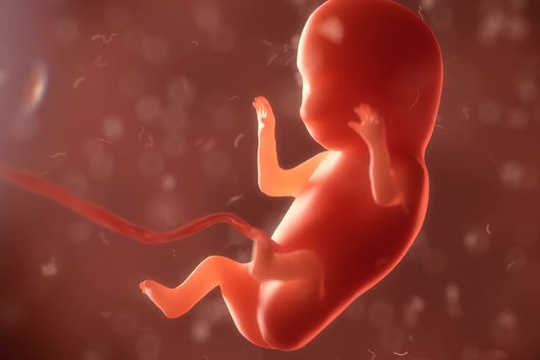
The development of a baby, from the time of fertilization through to the moment of birth, is an incredibly complex journey. Most of the time the result is a perfect new baby.

Mindfulness has helped many people to develop the skills necessary to manage chronic pain, depression, anxiety, stress and sleeping disorders.

Falling in love may boost genes in women’s immune systems related to fighting infection, according to new research.

We tell ourselves science is king, but our understanding of the world is shaped through story. We tell stories about the past and call it history. We tell stories about the present and call it news. Our stories about how to act, think, and live are called culture. And our stories about how the natural world works are called science.














